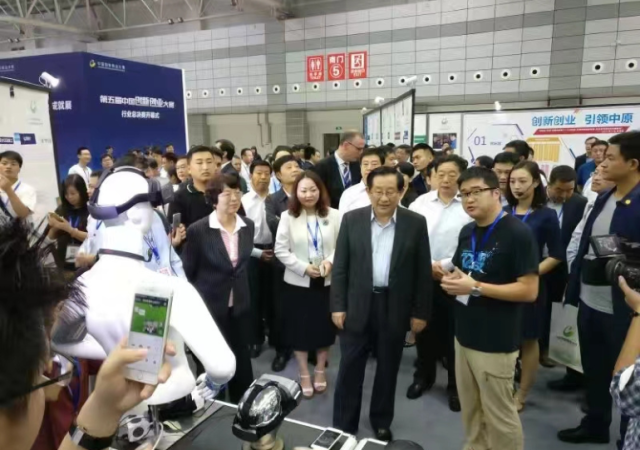Rod Sims, chair of competition watchdog the ACCC, has told his colleagues around the world that the dominance of Apple and Google in app marketplaces may need to be tackled globally with new rules and regulations.
In a speech to the Global Competition Review webinar outlining how Australia has been tackling the issue through the ACCC’s digital platforms services inquiry, Sims said they were watching what other governments and regulators were doing the address the issues. Last week US legislation was introduced to tackle anticompetitive behaviour in mobile app marketplaces.
Competition regulators around the world have launched a series on inquiries, including in the US, Europe, UK, and Asia, in response to concerns about the market power of Google, which dominates with around 73% to Apple’s 27% globally, although the split is more 50/50 in Australia.
Legal action has also been launched on several fronts. In Australia, the ACCC sought to be ‘a friend of the court’ in legal action between Fortnite maker Epic Games in its fight against Apple’s App Store. Epic has also launched legal action against Google.
Sims said it was an exciting and challenging time to be a competition enforcer and regulator.
“There is much work underway in many jurisdictions to address the impact of the dominant digital platforms, whose global presences requires a global response,” he said.
“This is why international coherence and alignment on both regulatory and enforcement approaches is so important, and we remain in close contact with our counterparts working on these issues overseas.”
The ACCC boss defended the way his organisation has tackled the issue.
“While these enforcement actions and market studies are necessary to tackle the problems arising from dominant digital platforms, many jurisdictions are now recognising that they are not enough on their own,” he said.
“Australia was an early mover with our legislated News Media and Digital Platforms Mandatory Bargaining Code. However, other major jurisdictions are now considering, and implementing, much broader regulatory reforms to address the ‘gatekeeper’ or ‘strategic’ market power of major digital platforms.”
Global approach, local tailoring
Sims cited the five US anti-trust bills targeting major digital platforms and the new bill on app marketplaces, the European Commission’s draft Digital Markets Act, Germany’s new competition legislation for digital firms, the UK’s proposal to apply new rules to particular digital firms with ‘strategic market status’, as well as regulatory developments in Japan and draft legislation in South Korea targeting app marketplaces.
These proposals span issues from preventing further entrenchment of dominant market positions, promoting competition and greater transparency and fairness, respectively.
“Our own work at the ACCC must be tailored to match our own issues and concerns. But although the finer details of our approaches may vary, competition authorities can still achieve successful global outcomes by aligning their approaches to both enforcement and regulation,” Mr Sims said.
“This will include alignment around up front regulation and rules as well as enforcement. The competitiveness, and the level and type of innovation in our economy, requires this.”
The Sims speech is on the ACCC site.




















Trending
Daily startup news and insights, delivered to your inbox.